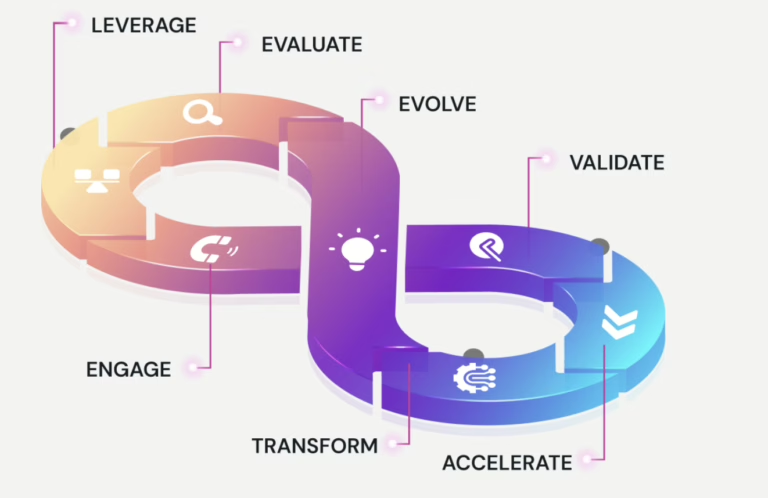Project management remains one of the trickier aspects of product/ project development and delivery. Some organisations greatly underestimate the potency it holds while some others attach a lot of process overhead in its wake. The truth of a best practice, which is more subjective to each organisation, remains ever elusive. Albeit, this variance can be accorded to different working styles, geographies, demographies, stakeholder availability (to name a few), we still have some basic execution errors in the discipline.
Below are some mistakes that Project Managers make which affects the project in terms of time/cost overruns, morale difficulties, poor project selection, team dysfunction, estimating errors, stakeholder dissatisfaction, or other project problems.
- Lack of good communication
- Vague or poor estimation
- Rushing into development
- Improper resource handling
- Inadequate risk analysis
- Transparency with the sponsor
Lack of good communication
The most fundamental task, as a project manager, is having a clear understanding with all team members of exactly what is expected out of them. Conveying the right information at right time to the right team/ team member is very important. Bit of redundancy in this regard doesn’t hurt.
Vague or poor estimation
During the time of estimation, each individual in the chain add up extra padding in their task estimate to cushion themselves, which make the cost estimate above the expectations. To leverage the estimate to the realistic one, some unnecessary cuts in the estimation will be made. This results to unrealistic plans, expectations & poor outcomes. It is important to know the team velocities and how the estimates match upto the actual development.
Rushing into development
As with everything in life, trying to gain too much too quickly, results, more often than not, in a catastrophe. While this may not completely be a project manager’s fault, it has to be flagged at that level. This is why project initiation becomes of paramount importance.
At this phase a number of thought provoking questions need to be answered and adequately communicated with the team. Some of these are as follows:
- What is the purpose of doing this project?
- Is this project is the best way for this purpose?
- Is this project the best use of resources at this time?
- What are the risks associated with this project?
- What is the success criteria for this project?
Improper resource handling
Pareto’s principle states that 80% work is done by 20% team members and vice versa. We wouldn’t be entirely accurate in generalising this, however this is really the case with most of us. A close watch on task assignment, handling and closure tells us how we can keep a balance between team members, who needs a push and who needs a pat on the back every now and then. If we miss this practice, we are inviting more conflicts and disparity in the team, not to mention the morale hit, taken by the over performers.
Inadequate risk analysis
Risk Analysis is often misconstrued into a deep brainstorming activity wherein the planning team has to come up with all possible scenarios where project will experience delays. This isn’t the case. One of the more practical approaches is having a dynamic risk register regularly updated based on the phase of the project, and shared with stakeholders. This way, we save a bit of planning effort upfront and keep the list more realistic.
Transparency with the sponsor
Project Sponsor usually carries weight and are sensitive about deadlines and delays. This may push a project manager to avoid having complete transparency, specially in terms of reporting potential delays and associated costs. This affect the projects in many ways.
- Expectations of the sponsors remain misplaced
- Puts doubts in the mind of stakeholders for the skills of the PM
So below is the best way to deal with this kind of situation:
Be realistic in all reporting to sponsors, not worrying about the repercussions.
Make best use of information radiators, follow the policy of pushing updates rather than replying to update enquiries. The information in your reports should always give a best case vs worst case estimation.
Involve project sponsor in all major team meetings, specially the estimation and review meetings.
These are just some of the things we should be careful of while managing projects. If utilised in a wise manner, Project management is a potent tool to have an organised effort in the direction of timely product delivery. And in the end it is not a gospel, to be used at a hospital and a construction site alike. Take right calls pertinent to your unique project requirements, to have a successful project.







